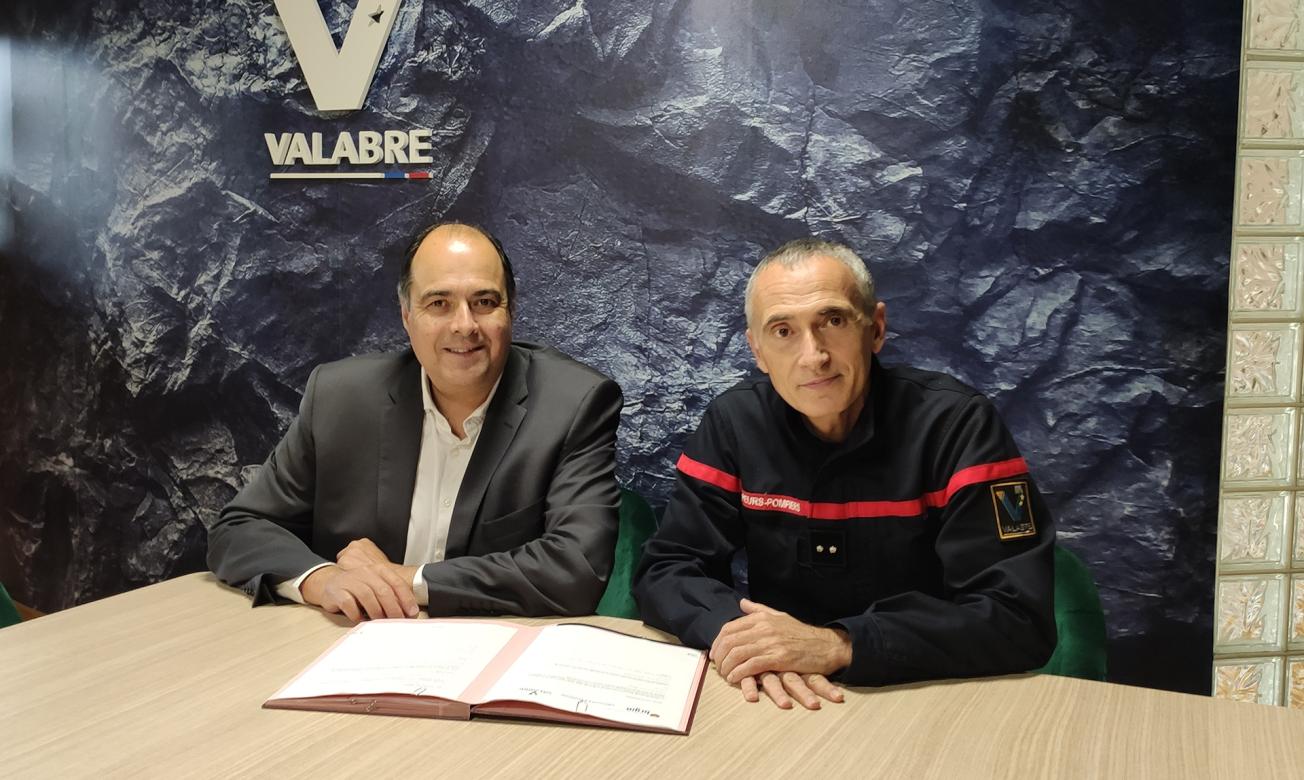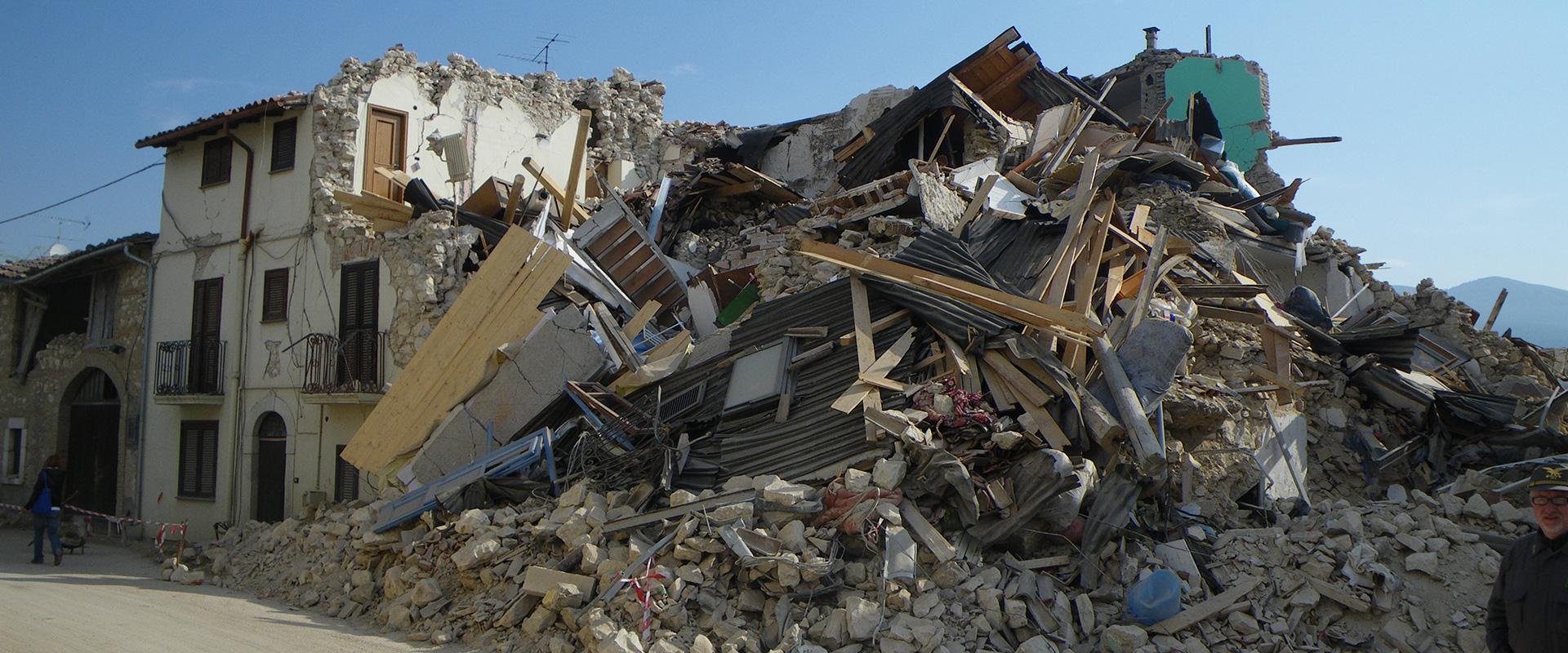
On 17 November 2021 in Gardanne, Karim Ben Slimane, Director of Risks and Prevention at BRGM, and Jean-Marc Bedogni, Director General of Entente Valabre, signed a partnership agreement between the two organisations to last for a period of 3 years.
© Entente Valabre
The aim of the agreement signed on 17 November 2021 in Gardanne (Bouches-du-Rhône) is to develop cooperation between BRGM, the French geological survey, and Entente Valabre, a public establishment which brings together 31 local authorities, to address civil security issues.
Development of collaboration for crisis management support
The agreement signed concerns collaboration between the two organisations for crisis management support, with 6 priority areas identified:
- the involvement of crisis managers in applied research projects, from functional specifications to testing of the developed solutions,
- the contribution of natural disaster impact modelling to anticipated situational awareness,
- feedback mechanisms from first responders in the field,
- crisis mapping materials (optimised for decision support),
- scenarios, crisis exercises and training,
- sharing of experience and feedback.
Natural hazards: signing of a partnership agreement between BRGM and Entente Valabre
Transcription
BRGM and Entente Valabre sign a partnership agreement to boost emergency response to natural hazards We've been working together for years, mainly on EU projects touching areas of crisis management. BRGM is not a crisis-management agency, but can assist in developing tools to manage crises. The agreement sets out a number of future development areas. It's a way to formalize the shared operations we've sustained over several years. BRGM benefits from this. We've recently restructured our programs. Our natural-hazard program has focus areas on crisis-management and developing tools. A group like Entente Valabre is a key player for us. This is an important step in seeing through our program focus areas, signing this agreement. The agreement formalizes BRGM and Entente's existing working relationship to foster future projects in diverse areas. We plan to continue our existing earthquake projects, and extend to other risks. In terms of earthquake management, we want to increase capacity in quick modelling and estimation of potential earthquake damage while integrating response considerations, specifically first-responder operations when earthquakes happen. That's why we're joining together BRGM's excellence in modelling with Entente's first-responder expertise. Entente and BRGM are public organizations, so our end customers are public-sector agencies that manage crises looking to enhance responder efficiency, meaning firefighters and everyone involved in public safety. The agreement is very general. It's not limited to France, though in effect that's the lens we first look through. Our safety responses are tailored to continental France, with the idea that we'll be able to extend responses to Europe and internationally.
Much past and future collaboration
BRGM and Entente Valabre have already collaborated on natural hazards over the past few years, in the framework of several European projects:
- The Interreg project RISVAL on seismic risk in the French-Italian cross-border area,
- The Interreg project POCRISC aimed at developing a common culture of seismic risk management for the entire Pyrenean massif,
- The Interreg project CHEERS for protecting the cultural heritage against natural hazards,
- The DG-ECHO project BELICE on the post-seismic diagnosis required for the deployment of rescue and clearance teams, in which BRGM was an invited expert,
- The Horizon 2020 project TURNkey on early warning and rapid response to earthquakes.
Many avenues of collaboration are envisaged for the future:
- Themes of common interest to be explored include the use of remote sensing (satellite, aerial, drones, etc.), 3D laser scanners for cavities, modification of soil properties following forest fires, automated watch on social networks, crisis exercises, etc.
- Networks to be pooled to create a research-application continuum in the field of crisis management support: partnerships in the framework of projects, particularly international projects, training offers, etc.







